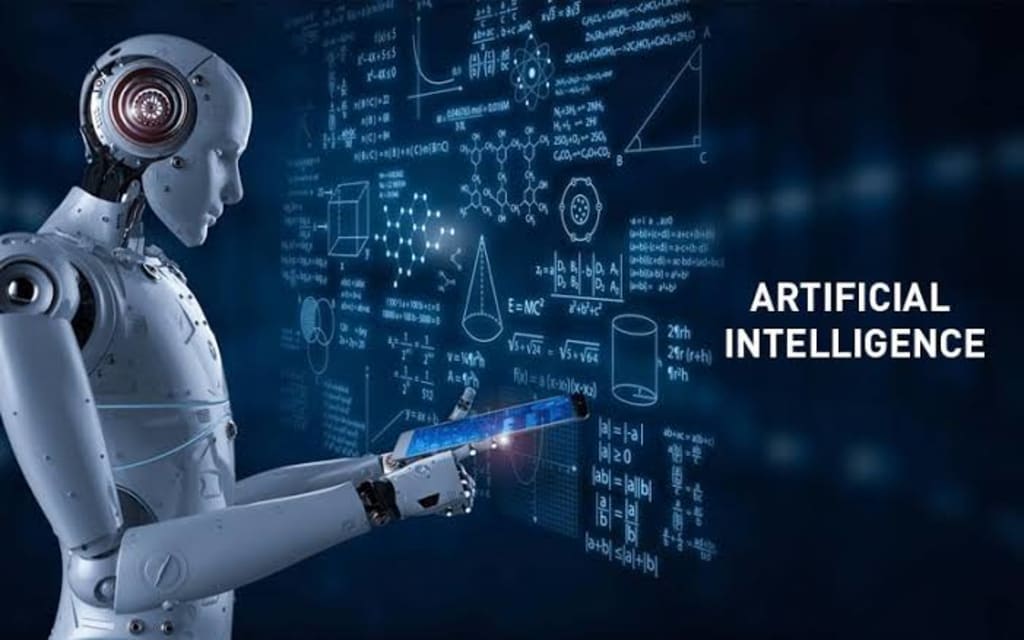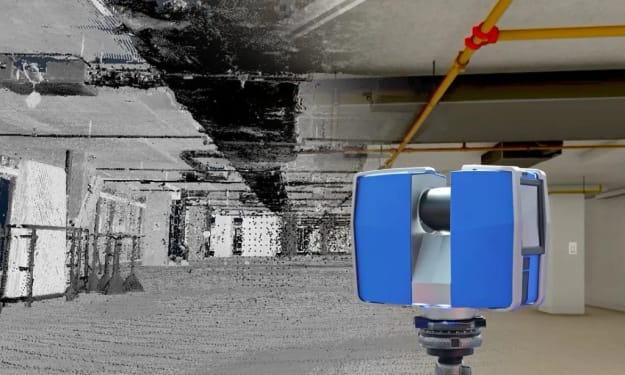ᴀʀᴛɪꜰɪᴄɪᴀʟ ɪɴᴛᴇʟʟɪɢᴇɴᴄᴇ
Unleashing the Power of Artificial Intelligence: A Paradigm Shift in the Modern Era

Introduction:
As of late, the world has seen amazing headways in innovation that have reshaped different ventures. Artificial intelligence (AI) is one such innovation that has piqued the interest of both scientists and the general public. Healthcare, transportation, finance, and entertainment are just a few of the areas that this revolutionary technology has the potential to revolutionize. AI is propelling us into a future where machines collaborate with humans, enhancing our capabilities and transforming the way we live and work with its capacity to process massive amounts of data, learn from patterns, and make intelligent decisions.
Grasping Man-made consciousness:
The development of computer systems that are able to carry out activities like visual perception, speech recognition, decision-making, and problem-solving that typically call for human intelligence is referred to as "artificial intelligence." Not at all like conventional PC programs that are expressly modified, simulated intelligence frameworks can gain and improve for a fact without being unequivocally customized for each undertaking. Implementing machine learning algorithms and neural networks, which enable machines to process and analyze vast amounts of data in order to identify patterns and make informed predictions or decisions, makes this possible.
Artificial Intelligence's Uses:
1. Healthcare: By assisting in the early detection of diseases, diagnosing medical conditions, and suggesting individualized treatment plans, AI has the potential to revolutionize healthcare. Medical images like X-rays and MRI scans can be analyzed by machine learning algorithms to help radiologists diagnose diseases with greater precision. Virtual assistants powered by AI can also offer patients customized reminders and advice regarding their healthcare.
2. Transportation: The development of self-driving automobiles is evidence of AI's progress in the transportation industry. Vehicles can use AI algorithms to analyze data from sensors, cameras, and GPS systems in real time to navigate roads and make decisions. People who don't have a lot of options for transportation could benefit from this technology's increased mobility, decreased traffic congestion, and improved road safety.
3. Finance: In the financial sector, AI has revolutionized the industry. Stock market forecasts and investment strategies can be made more accurate thanks to AI algorithms' ability to analyze a large amount of financial data, identify patterns, and predict future outcomes. Chatbots and virtual assistants powered by AI are also improving customer service by assisting with financial transactions and making individual recommendations.
4. Entertainment: Computer based intelligence is changing media outlets by customizing content suggestions and upgrading vivid encounters. Streaming platforms make use of artificial intelligence (AI) algorithms to study user preferences and actions, resulting in personalized music, movies, and TV shows. AI is also enabling the development of interactive and lifelike gaming experiences through the use of virtual reality (VR) and augmented reality (AR) technologies.
Challenges and Ethical Questions:
Ethical considerations and difficulties arise as AI continues to advance and penetrate various industries. Some of the most pressing issues that need to be resolved include privacy concerns, biases in AI algorithms, and the possibility of an effect on employment. Guaranteeing straightforwardness, responsibility, and decency in simulated intelligence frameworks is fundamental to forestall potentially negative results and segregation.
Artificial Intelligence's Future:
The eventual fate of man-made brainpower holds tremendous potential. Artificial intelligence (AI) systems will become more sophisticated, able to comprehend and process natural language, allowing for seamless interactions between humans and machines. Additionally, advancements in robotics will make it easier to incorporate artificial intelligence (AI) into actual systems, which will have a significant impact on manufacturing and logistics. Moreover, simulated intelligence will add to logical forward leaps by examining complex datasets and speeding up research in different spaces.
Conclusion:
Man-made brainpower is a game-changing innovation that is reshaping the world we live in. Its capacity to handle monstrous measures of information, gain from examples, and settle on clever choices holds huge commitment for various ventures and areas. However, it is essential to guarantee that AI is developed and utilized in an ethical manner, with an emphasis on accountability, fairness, and transparency. We have the potential to create a future in which both humans and machines collaborate to
About the Creator
Premani Badal
Student





Comments
There are no comments for this story
Be the first to respond and start the conversation.